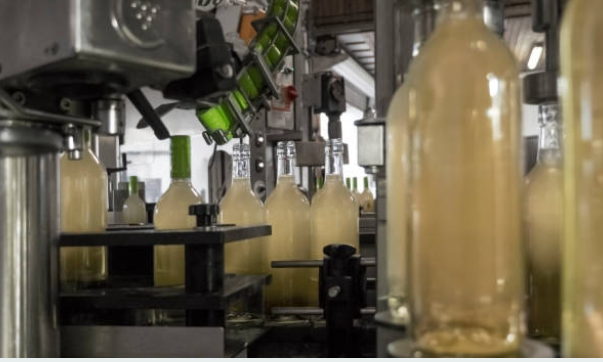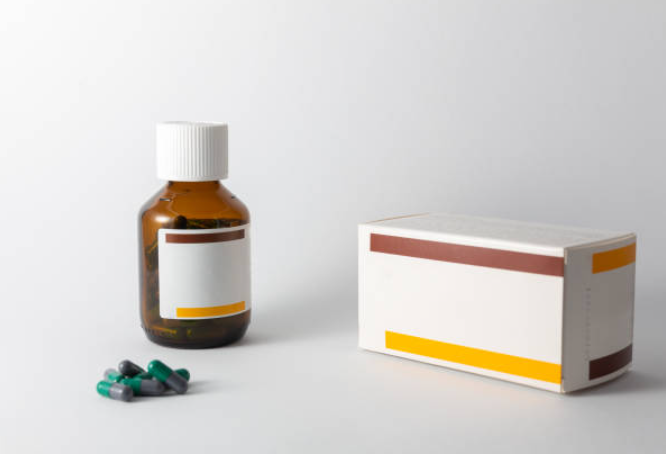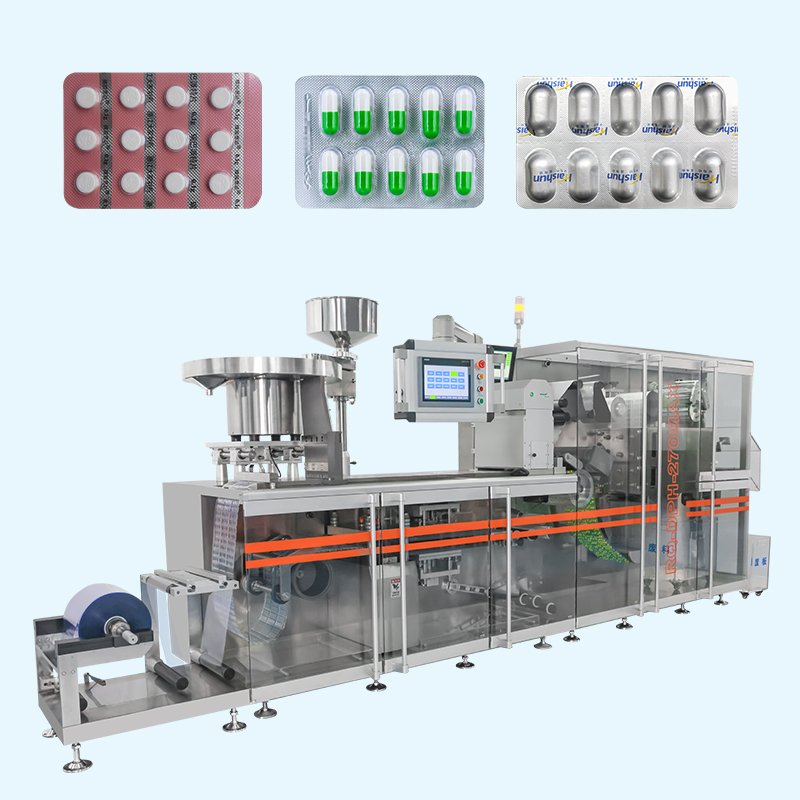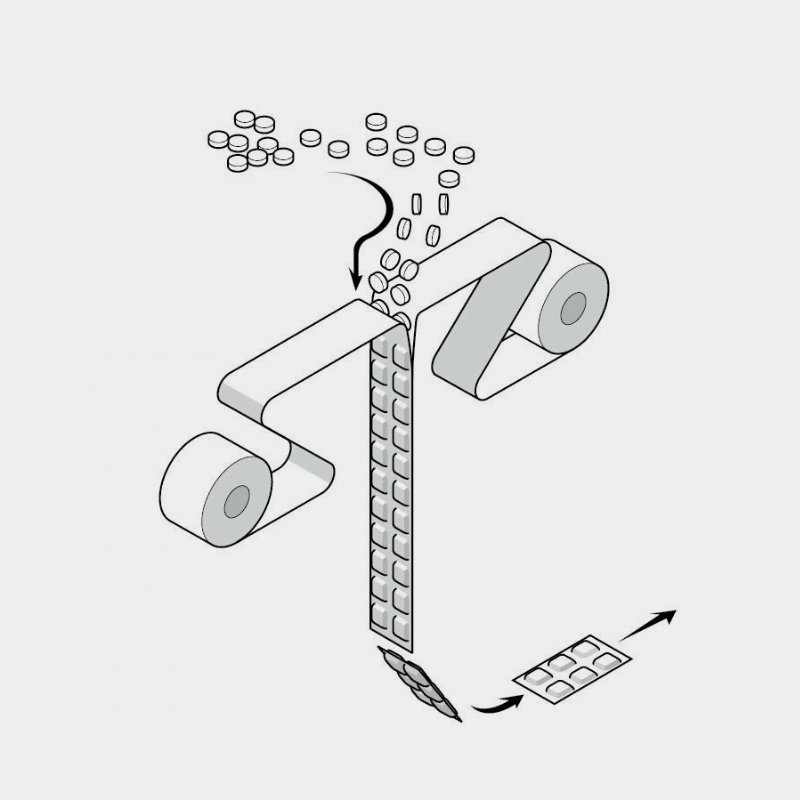Medicine plays a critical role in maintaining our health, and we rely on them to treat various medical conditions. However, it is important to recognize that medications can be dangerous if not used and stored properly. Improper storage of medicine can lead to decreased effectiveness, loss of potency, and even harm to individuals who consume them. It is therefore essential to know how to safely store your medicine at home to prevent any potential problems. In this article, we will explore the best ways to store medications at home and the reason why it is important.
Read the Label

Source:unplash.com
The first step in safely storing your medicine is to read the label. The label will provide you with important information about how to store the medicine, including the ideal temperature, humidity, and light conditions. This information will help you determine the best location to store your medicine. It is usually displayed on the outer packaging of the medicine or in the instructions inside the package, so please do not dispose of it casually.
Choose the Right Location

Source:unplash.com
The location where you store your medicine will influence its effectiveness and safety. The ideal location for storing your medicine should be a cool, dry, and dark place, away from direct sunlight and moisture. It is recommended to keep your medicine in a medicine cabinet or drawer, away from heat sources like stoves and radiators. Do not store your medicine in a bathroom, as the humidity and moisture in the room can degrade the medication.
Use Appropriate Containers

Source:unplash.com
Medicine should be stored in containers that are appropriate for their type. For instance, liquid medicine should be stored in tightly closed, leak-proof containers, while solid medicine like tablets and capsules should be stored in their original packaging. If you remove the medicine from its original packaging, be sure to label the container with the name of the medicine, the dosage, and the expiration date. Before placing the medicine in a new container, please ensure that the container is clean, and it is best to wear medical disposable gloves to avoid contamination of the medicine.
Here are some examples of medicine containers commonly found in life:
1. Plastic Pill Bottles
These are commonly used to store prescription medications in pill form. They often have child-resistant caps and may come with labels indicating dosage instructions and other important information.
2. Blister Packs
These are commonly used to package medications in pre-measured doses. The individual doses are sealed in plastic, with perforated edges that can be easily torn off. Blister packs are often used for over-the-counter medications such as pain relievers, antacids, and allergy medications.
3. Syringes
Liquid drugs delivered directly into the blood or muscle tissue, are usually stored in such containers, such as for insulin injections or other types of injections. Syringes are typically made of plastic or metal, with a plunger on one end that can be pushed to dispense the medication.
Keep Medicine Out of Reach of Your Children

Source:unplash.com
Children are the most vulnerable of your family members, they are naturally curious and may accidentally ingest improperly stored medicine. Keep all medicine out of reach of children and in child-resistant containers (for example locked cabinets and high places). It should be emphasized that if a child does accidentally ingest medicine, seek medical attention immediately.
Here are some examples of common medications that children may take by accident:
1. Iron Supplements
Iron supplements are commonly used to treat anaemia. However, an overdose of iron can be deadly, especially in children.
2. Ibuprofen
Another common pain reliever and fever reducer, ibuprofen can cause stomach irritation and bleeding in large doses.
3. Vitamin Supplements
While vitamins are generally safe, they are likely to be taken by children as sweet, so an overdose can cause harm. For example, an overdose of vitamin D can cause vomiting, constipation, and kidney damage.
Check Expiration Date

Source:unplash.com
The primary risk of taking expired medication is that it may not work as well as it should be. This is because the active ingredients in the medication may have degraded over time, making it less effective in treating the intended condition. In addition, expired medications may contain harmful chemicals or bacteria that can cause toxicity when ingesting. Taking expired antibiotics can lead to antibiotic resistance, making it harder to treat bacterial infections in the future, which can lead to symptoms such as nausea, vomiting, dizziness, confusion, and seizures. This is because the bacteria may have already developed a resistance to the medication due to its degraded potency.
Before you take the medicine, please check the expiration date on your medicine and dispose of any expired medicine properly. Do not flush expired medicine down the toilet or throw them in the trash. Instead, ask your pharmacist or local waste management authority for guidance on how to dispose of expired medicine safely.
Avoid Damaged Medicine

Source:unplash.com
Consuming medicine that has been damaged can result in severe consequences for your health. To avoid taking damaged medicine, you should always check the medicine container for any signs of damage, such as cracks, dents, or leaks. Do not use any medicine that is past its expiration date or has an unusual odour, colour, or taste. Damaged medicine may lose its potency and may not provide the intended therapeutic effects, and it can be contaminated with harmful bacteria, viruses, or other substances that can cause illness. Taking damaged medicine can increase the risk of adverse reactions, such as allergic reactions, skin rashes, or gastrointestinal problems.
Using Machinery

Source:unplash.com
It is well-known that medicine storage is a complex process that requires a variety of specialized equipment and techniques. Fortunately, advancements in technology have led to the development of modern machinery that can help with this process. For those who take medication frequently or need to store a large amount of medicine, it may be beneficial to invest in medicine packaging machines.
Medicine packaging machines are used to package medications in a way that protects them from light, air, moisture, and other environmental factors that will damage them. This kind of machinery can ensure that medications remain effective and potent for longer periods of time.
1. Capsule-filling Machines

Source:unplash.com
A specific type of machinery that can be useful for medicine storage is capsule-filling machinery. This type of equipment is used to fill capsules with the correct dosage of medication. Capsule-filling machines are particularly handy for preserving medications that are susceptible to oxidation or degradation, as they shield them from environmental factors that may compromise their quality. There are different types of capsule-filling machines available, each with its own unique features and capabilities. The most common types are manual capsule-filling machines, semi-automatic capsule-filling machines, and fully automatic capsule-filling machines.
- Fully automatic capsule-filling machines are the most advanced type of capsule-filling machine available. These machines can handle high-volume production automatically, meaning they do not require any manual labour. Fully automatic machines can sort, load, fill, and seal capsules all in one continuous process.
- Semi-automatic capsule-filling machines are more advanced than manual machines and require less manual labor. These machines have a semi-automatic capsule-loading system that can hold a large number of empty capsules. Once the capsules are loaded, the machine will automatically fill them with the medication and then close the capsules.
- Manual capsule-filling machines are simple and low-cost machines that require manual operation. These machines are suitable for small-scale manufacturing and are often used by small businesses or research labs. The operator must manually load empty capsules into the machine, fill them with the desired medication, and then manually close the capsules. Thus for families, manual capsule-filling machines are an economical option.
2. Tablet Presses

Source:unplash.com
Tablet presses are designed to be helpers in medicine storage. These machines are used to compress powders or granules into tablets that are easier to store and consume. They are particularly useful for medications that have a short shelf life or that need to be stored in a particular way to maintain their effectiveness. They play a critical role in the pharmaceutical industry, as they enable the production of millions of tablets daily, which are then distributed to pharmacies and hospitals worldwide. The tablets produced must meet specific requirements such as uniformity in weight, size, shape, and dissolution rate to ensure safety and effectiveness.
3. Medicine Secondary Packaging

Source:unplash.com
In addition to specialized machinery, medicine secondary packaging is another important aspect of medicine storage. This type of packaging is designed to protect medications from physical damage, moisture, and other environmental factors that can reduce their potency or cause them to expire more quickly. Secondary packaging can include items such as blister packs, foil wrappers, and other types of protective packaging.
Advances in technology have miniaturized these previously bulky, and expensive machines and now you can easily purchase affordable domestic medical machines online.
Key Takeaway
In conclusion, safely storing your medicine at home is crucial for maintaining its potency and ensuring its effectiveness. By following the given basic guidelines, you can store your medicine in a safe and effective manner. Remember to always read the label, choose the right location, use appropriate containers, keep medicine out of reach of children, check expiration dates, and consider using medicine machines. Stay safe and healthy.













